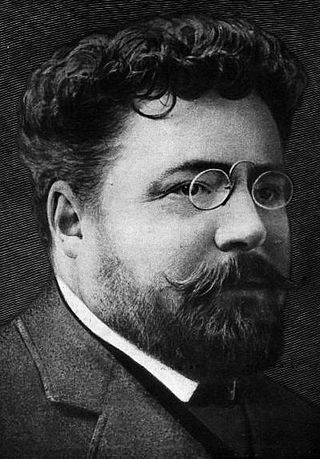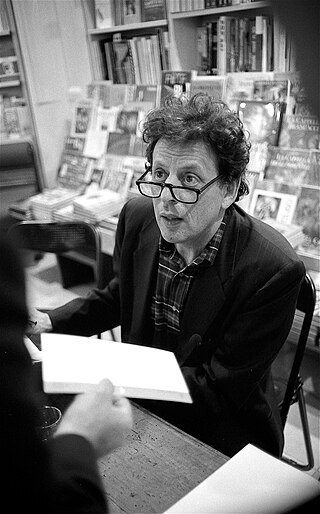Les Enfants Terribles is a phrase in French that translates as "the terrible children" or "the holy terrors", and may refer to:

Jean Maurice Eugène Clément Cocteau was a French poet, playwright, novelist, designer, film director, visual artist and critic. He was one of the foremost artists of the surrealist, avant-garde, and Dadaist movements and an influential figure in early 20th-century art. The National Observer suggested that, "of the artistic generation whose daring gave birth to Twentieth Century Art, Cocteau came closest to being a Renaissance man."
Terror(s) or The Terror may refer to:
Ivan the Terrible (1530–1584), also known as Ivan IV, was a ruler of Russia.

Gaston Louis Alfred Leroux was a French journalist and author of detective fiction.
Kane or KANE may refer to:

Les Enfants Terribles is a 1929 novel by Jean Cocteau, published by Editions Bernard Grasset. It concerns two siblings, Elisabeth and Paul, who isolate themselves from the world as they grow up, an isolation which is shattered by the stresses of their adolescence. It was first translated into English by Samuel Putnam in 1930 and published by Brewer & Warren. A later English translation by Rosamond Lehmann was published in the U.S. by New Directions (ISBN 0811200213) in 1955, and in Canada by Mclelland & Stewart in 1966, with the title translated as The Holy Terrors. The book is illustrated by the author's own drawings.
The Labyrinth is an elaborate maze in Greek mythology.
The Promise may refer to:
Voyage(s) or The Voyage may refer to:
Fixer or The Fixer may refer to:
A golem is an artificial animated being in medieval and Jewish folklore.
Nicole Stéphane was a French actress, producer and director.
A Midsummer Night's Dream is a 1595 play by William Shakespeare.

Les Enfants terribles is a 1950 French film directed by Jean-Pierre Melville, with a screenplay adapted by Jean Cocteau from his 1929 novel of the same name about the tangled relationship of a close brother and sister.
The Holy Terror or Holy Terror may refer to:

The Holy Innocents (1988) is a novel by Scottish writer Gilbert Adair. It is about three young cinephiles: two French siblings and an American stranger who enters their world. Its themes were inspired by Jean Cocteau's 1929 novel Les Enfants Terribles and by the 1950 film of the same name directed by Jean-Pierre Melville.
Le Diable boiteux may refer to:
The Ring may refer to:

Les Enfants terribles is a danced chamber opera for four voices and three pianos, composed in 1996 by Philip Glass, to a French-language libretto by the composer, in collaboration with the American choreographer Susan Marshall, after Jean Cocteau's eponymous novel published in 1929 and Jean-Pierre Melville's 1950 film. Commissioned by the "Steps" dance festival organized by the Pour-cent culturel Migros in several Swiss cities, this is the last part of a trilogy in homage to the French poet after Orphée (1993) and La Belle et la Bête (1994). The world premiere of the work took place on 18 May 1996 in Zug conducted by Karen Kamensek.
Enfant terrible or Enfant Terrible may refer to: